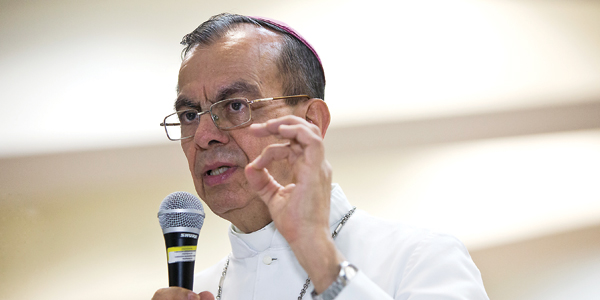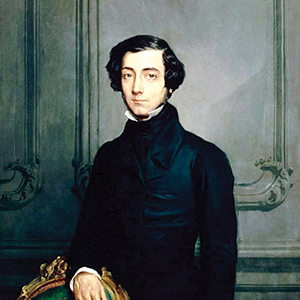A French aristocrat who argued for democracy underpinned by religion, he is most famous for his political dissection of the nascent United States. But if the liberal viscount, who died aged 53 in 1859, now were to return, what would he make of today’s politics either side of the Pond? / By Ulla Gudmundson
Along with the French fries and pizzas, there are certain historical persons one would like to have in the freezer, ready for defrosting when you need someone to supply a fresh perspective on the state of the world. My favourite for cryonic preservation is Alexis de Tocqueville (1805-59), the French political thinker, sociologist, historian and, for a part of his life, active politician. Tocqueville is famous above all for his brilliant Democracy in America.
But it was not really America as such that interested Tocqueville. He was trying to answer the question, What is the essence of democracy? For him, America was a laboratory where Europeans had freed themselves from history and experimented peacefully with new forms of organising society. Tocqueville was a nobleman by birth, and nostalgic for many aspects of what he called “the aristocratic society”. The nobility in Europe had, he felt, been socially useful for centuries as an intermediate, stabilising layer between peoples and kings, both counterweights to and safeguards against absolute monarchic power.




